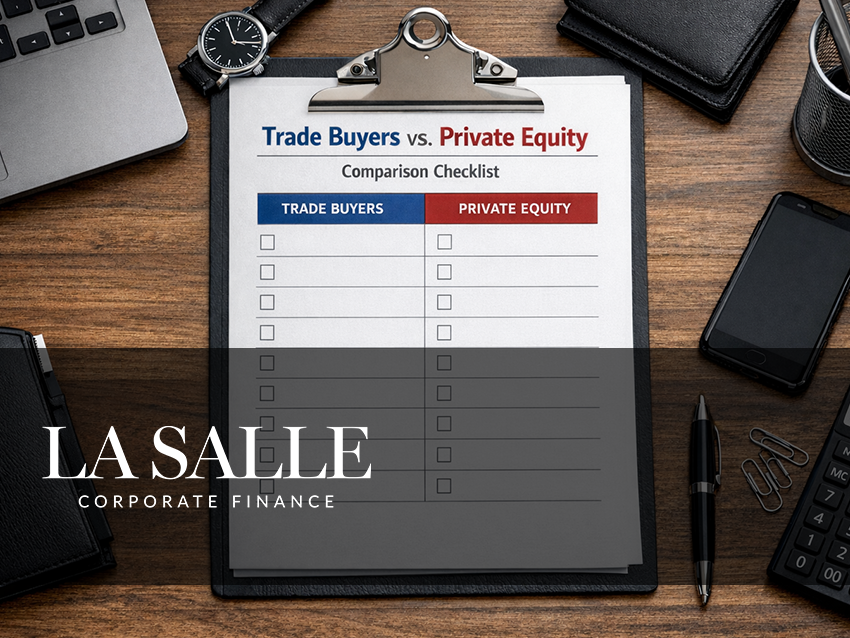La Salle advise Specialist Care Provider on sale to Elysium Healthcare

La Salle are delighted to have advised Bedfordshire-based specialist care provider Vivre Care on the sale of the company to Elysium Healthcare, part of the global Ramsay Health Care Group, listed on the Australian stock exchange (ASX).
Overview:
Leading mental health service provider Elysium Healthcare has expanded its provision of specialist eating disorder services with the acquisition of residential care provider Vivre Care.
Established in 2007, Vivre Care provides specialist support for people with severe eating disorders. Its services align with the NHS strategy of prioritising community-based treatment.
Vivre Care also complements the existing specialist eating disorder pathways within the Elysium group for adults and young people across England and Wales.
Joy Chamberlain, Chief Executive Offices at Elysium said:
“I am delighted that Asha Mootoosamy and Vivre Care will be joining the Elysium family. I have been impressed by the quality of care and the delivery of successful outcomes enabling people to access the right care, in the right place at the right time."
Vivre Care Director, Asha Mootoosamy, said:
"Elysium Healthcare are synonymous with specialist eating disorder care and I am confident that they will support the services to go from strength to strength. I am also delighted to be joining the Elysium team to further develop the model of care.”
La Salle Corporate were instructed as Vivre Care’s Corporate Finance advisor.
Matt Dillon, Partner, La Salle Corporate added:
“It was a pleasure to advise Asha on the sale of her company. It’s a fantastic business that provides a wonderful service to those in need. I’m sure the business will flourish under Elysium’s stewardship”.
Company Profiles:
Elysium Healthcare – Head Office: Borehamwood, Hertfordshire UK
Elysium Healthcare, launched in November 2016, operates over 95 sites across England and Wales. It offers services for learning disabilities, neurological care and specialist mental health support, including secure services, CAMHS, rehabilitation, acute care and psychiatric intensive care. Elysium is part of Ramsay Health Care
Vivre Care – Luton, Bedfordshire, UK
Since 2007, Vivre Care has operated as a leading supplier g specialist supportive clinical management (RSSCM) of severe eating disorders.
A well-trained team of 45 employees are deployed across 3 freehold care homes in Luton.
Read more about this deal around the web:
(La Salle have no control over media on external links)
More News & Deals...
Our 'Focus On' Resource Series...



















